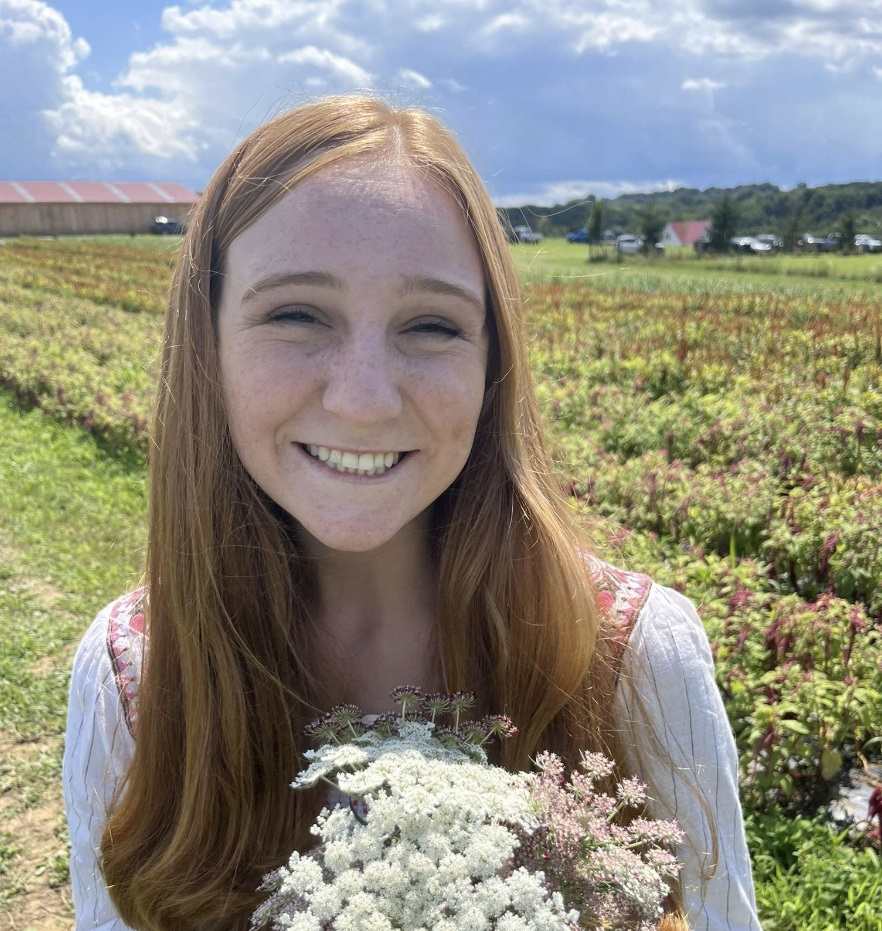In the Spotlight: Hindi-Urdu Professor Nilakshi Phukan
Growing up in a rural Indian village, Foreign Languages and Literatures Hindi-Urdu professor, Nilakshi Phukan, faced the common obstacle of being viewed as a second class citizen because of her gender. Around the age of nine, her father moved her family of eight to a nearby small town in hope of better opportunities. A social norm at the time, it was her father that set goals for what his six children were to become. Hence, he determined she was to receive her Ph.D. in Hindi. She jokes about the fact she probably didn’t know what a Ph.D. was at the time, but nevertheless, she was driven to fulfill her dad’s dream.
Phukan’s extensive education began with majoring in Hindi at Guwahati University. She also received her Master’s degree in Hindi Language and Literature in 2000, a Post Master’s Degree in Linguistics in 2002, and a Ph.D. in Hindi Literature, all from Dr. B.R. Ambedkar University in Uttar Pradesh, India.

Through Training
A cornerstone in Phukan’s teaching philosophy is staying up to date on the latest industry training initiatives. For instance, she is a lead Hindi instructor at STARTALK, a summer language and cultural program funded by the Office of the Director of National Intelligence. STARTALK’s mission is to increase the number of U.S. citizens learning critical languages, such as Hindi-Urdu. The immersive and target language based teaching style of the program has allowed Phukan to help her students better understand the language and culture in terms of real life experiences, like buying airplane tickets and navigating to a hotel.
She is also a member of the American Council on Teaching Foreign Languages (ACTFL), a highly intensive, standard-based training program that has provided her with the teaching requirements she uses to this day. Teachers are trained to assess a student’s proficiency using specific level related questions. As a certified ACTFL tester, she serves as an examiner for Oral Proficiency Interviews for students across the country.
Phukan’s dedication to language centered national security initiatives and ACTFL, in conjunction with the Language Training Center at NC State, earned her the chance to teach Fort Bragg military students in an intensive course on the Urdu language during the summer of 2012. She notes, “They were learning language for a purpose. They will be in that country and speaking that language, so they wanted to master it,” and regards this opportunity as one of her proudest teaching moments. Currently, she works with the Defense Language Institute (DLI) as a Hindi language expert.
After her ACTFL training, Phukan felt as though her teaching methods were trapped behind a boundary and she wasn’t teaching the way 21st century students needed. This drove her to lead the Hindi-Urdu Conservation Project, which is funded by the Department of Foreign Languages and Literatures. The 27 conversational videos that resulted are sectioned by skill level and apply the ACTFL philosophy of focusing on day to day life situations in order to “prepare students for real world based on real life topics so they can communicate quickly and effectively.” These videos are available on YouTube: series 1, series 2, series 3, and series 4.
In the Community
Involvement in cultural activities is highly encouraged in the Hindi-Urdu program, as it is in all the other programs within the Asian Language major concentration. Phukan mentions there are many fun educational opportunities around campus —such as the Hindi-Urdu Student Club— that she takes her students to including cooking classes, religious field trips, and Indian and Pakistani restaurants. “This is the right time for students to learn different languages, which are a bridge. There are so many opportunities through the internet and so many local communities are here right next to the university,” Phukan urges. On campus, Hindi-Urdu cultural night is held each November for students to show their developed language ability by presenting or reciting poems and attendees are treated to classical Indian folk dance performances.
“For me, the whole world is becoming a family. It [studying foreign languages] opens up a lot of doors for both sides to understand and respect other cultures and develop an understanding of a culture’s rituals,” says Phukan. “We need bonding between us as human beings. That’s what education and academic institutions are doing– providing knowledge of understanding.”
The Department of Foreign Languages and Literatures is grateful to have a valuable asset and beloved colleague such as Dr. Nilakshi Phukan, who has shown dedication to her field since a young age.
- Categories:


